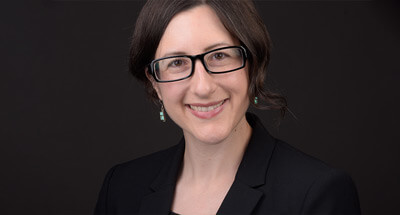
Ashley Rubin
Associate Professor
Office: Saunders 213
Telephone: 1 (808) 956-8321
Email: atrubin@hawaii.edu
Website - Twitter
Browse My Publications:
Background
I can't say what it is about punishment that I find fascinating, but something about prisons, capital punishment, and more informal types of social control have captured my attention since I was an undergraduate. I was trained as, and continue to be, an interdisciplinary scholar, but sociology has provided the theories and ways of thinking that I have found most helpful for understanding these phenomena. I became a professor so I could continue to study these things for the rest of my life and I enjoy passing them on to new generations who, like me, can be surprised to learn that we didn't always have prisons (in the way we think of them today), the reasons why we enact policies we know are ineffective, and what we can learn about criminal justice agencies by studying other organizations.
Education
- PhD, Jurisprudence and Social Policy, University of California, Berkeley, 2013
- BA, Legal Studies and History, University of California, Berkeley, 2007
Courses
-
SOC 232: Introduction to the Sociology of Punishment
-
SOC 332: Sociology of Law
-
SOC 333: Criminology
-
SOC 337: Criminal Justice Organizations
-
SOC 431: Advanced Criminology
-
SOC 432: Punishment & Society
-
SOC 438: Prisons
Research
My research focuses on criminal punishment, broadly defined including what is sometimes called social control (communities or other groups' efforts to control people's behavior in hidden or overt ways). My primary interest is explaining penal trends over time, focusing on major moments of transition (e.g., the decline of the death penalty, the rise of incarceration, the spread of particular approaches to incarceration) and periods of stasis or stability (e.g., the long-term retention of a particular approach to incarceration, the persistence of the prison as strategy for punishment). To understand these phenomena, I use theories from law and society, organizational studies, and deviance studies. I use both qualitative and quantitative methods (depending on the goals of the project).

